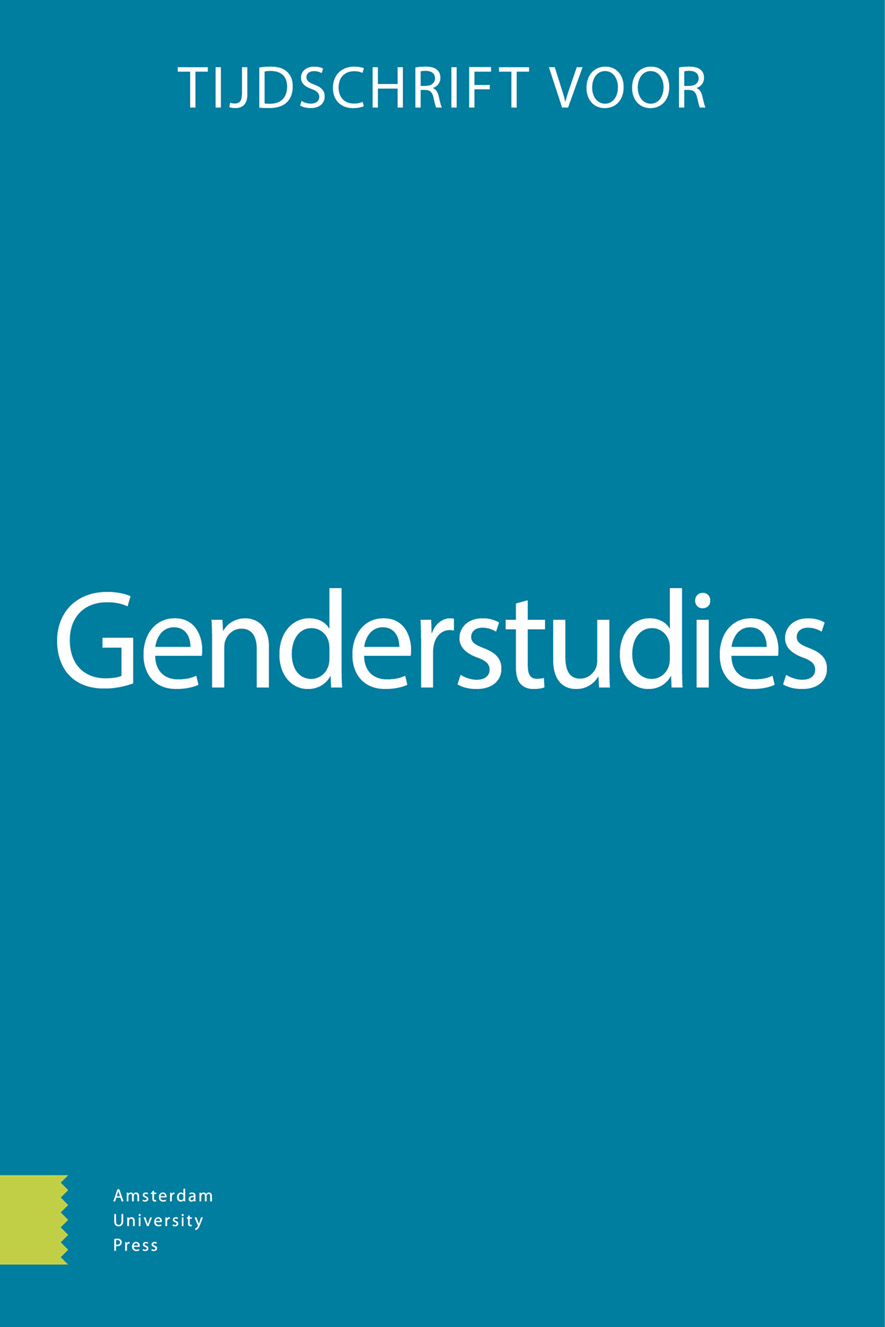- Home
- A-Z Publications
- Tijdschrift voor Genderstudies
- Previous Issues
- Volume 25, Issue 1, 2022
Tijdschrift voor Genderstudies - Volume 25, Issue 1, 2022
Volume 25, Issue 1, 2022
-
-
Cripping vulnerability: A disability bioethics approach to the case of early autism interventions
More LessAuthor: Gert-Jan VanakenAbstractThe relationships between neurodivergent and disabled communities, and healthcare practices, are marked by ambivalence. While there is a history of harmful and discriminatory practices, the clinical encounter also holds beneficial and empowering potential for neurodivergent and disabled people. To address this ambivalence, this paper’s central question is whether and how bioethical decision-making in healthcare settings can become more informed by critical insights from neurodiversity and disability studies. The bioethical debate in Western countries on early interventions for young autistic children will be the case animating my theoretical propositions. I provide a working definition of such a ‘disability approach to bioethics’ and review the obstacles in both mainstream bioethics and disability studies this approach has to overcome. Then, the ethical concept of vulnerability, its feminist reinterpretation, and its potential for disability bioethics are introduced. Instead of using the concept in its traditional, problematic sense, I propose that vulnerability can be reclaimed, or cripped, by neurodiversity and disability movements to do the exact opposite: to trouble the demarcation between the vulnerable and the invulnerable, to stress structural injustices over individual deficits, and to justify solidaristic, empowering interventions over paternalist ones. Finally, this ‘cripped account of vulnerability’ will be applied to the case of early autism intervention.
-
-
-
‘He does not appear to have done much useful work since he was wounded’: Age, disability, and the history of masculinity
More LessAuthor: Jessica MeyerAbstractThis article considers the ways in which the male life course in twentieth-century Britain can be reconstructed through individual personal pension files of British disabled ex-servicemen from the First World War. The files contain a range of documentation, including military enlistment and discharge forms, medical records, and correspondence from pensioners, their families, and other advocates. Close reading of five of these files explores pensioners’ changing experiences of health and disability. It examines men’s physical status as soldiers on enlistment, their ability to find work as physically or psychologically impaired ex-servicemen after the war, the significance of their status as husbands and fathers, and the effects of old age on their identity as men disabled in war. It argues that this ongoing engagement with the gendered legacies of war created a unique and important space in which the memory of the conflict was narrated.
-
-
-
The incapacity to work as moving target. Exploring the possibilities of praxiography for analysing realities of disability in history
More LessAuthor: Nathanje DijkstraAbstractWhile acknowledging the discursive meaning of bodies, both gender and disability scholars try to overcome a strict nature–culture or medical model–social model divide. This article explores the possibilities of praxiography for disability history to overcome this divide. Praxiography, as introduced by Annemarie Mol, approaches the body and gender as something that is made up in encounters between people, objects, and practices. Mol has shown that, although a singular term may suggest there is coherence, this coherence is managed in practice. This article provides a practice-focused analysis of appeal cases in which incapacity to work was contested in the context of the first disability benefit act in the Netherlands (1901–1921) and shows how incapacity to work was made up as incapacity to earn a living and shifted to meticulous descriptions of the functioning of individual body parts. Although the topic of power remains to be explored, by looking at incapacity to work as a site of interaction, we can challenge perceptions of disability and gender as a biological or a cultural truth and incorporate matter into the historical analysis of the making of social categories.
-
Most Read This Month

Most Cited Most Cited RSS feed
-
-
Fifty shades of white
Author: Anna Safuta
-
-
-
Emancipation on thin ice
Authors: Michiel De Proost & Gily Coene
-
-
-
Editorial
Authors: Sara de Jong, Rosalba Icaza, Rolando Vázquez & Sophie Withaeckx
-
- More Less

